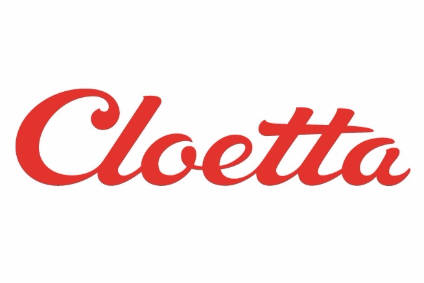
Cloetta, the owner of the Candyking and The Jelly Bean Factory brands, has at the same time unveiled a new sustainability agenda.
Called A Sweeter Future, with a key aim to lower the company’s carbon emissions by 30% over the targeted timeframe, the programme uses 2019 as the base year. It has been broken down into three areas covering consumers and products, its direct employees and those in the supply chain, and the environmental impact on the planet.

Discover B2B Marketing That Performs
Combine business intelligence and editorial excellence to reach engaged professionals across 36 leading media platforms.
Cloetta said it will seek to include more options across its portfolio using natural and functional ingredients, increase vegan choices and produce more confectionery with either less or no sugar. The company added around 20% of its products comply in the sugar area and 15% in the vegan category.
In terms of the people component, Stockholm-listed Cloetta said it will “actively expand its partnerships to improve the socio-economic and living conditions in the supply chain”.
Thomas Biesterfeldt, the company’s chief marketing officer, said in a statement: “Consumers are at the heart of our company and our purpose. By integrating the lead of our sustainability work into the marketing organisation, we bring the discussion and impact closer to our consumers and naturally integrate it into our brand and business plans.”
Cloetta said it reduced greenhouse gas emissions by 28% last year for every tonne of product sold.

US Tariffs are shifting - will you react or anticipate?
Don’t let policy changes catch you off guard. Stay proactive with real-time data and expert analysis.
By GlobalDataA company spokesperson confirmed the reductions made during 2020 will contribute toward the 2025 goal, pointing to last year’s annual report, which said: “Total carbon emissions (scope 1 and 2) decreased 28% from 27,407 (2019) to 19,699 tonnes CO2e.”
CEO Henri de Sauvage Nolting added: “It’s ever more important to align our targets with the global effort to reverse climate change. A Sweeter Future has an approach that requires our stakeholders across our value chain to get involved in the ambitious journey to create real impact.”
The Science Based Targets initiative, or SBTi, is a partnership between the globally spread Carbon Disclosure Project (CDP), the United Nations Global Compact, the World Resources Institute and the World Wide Fund for Nature. It is focused on encouraging companies to set net-zero emissions targets as the world aims to keep temperature increases to below 1.5°C.





